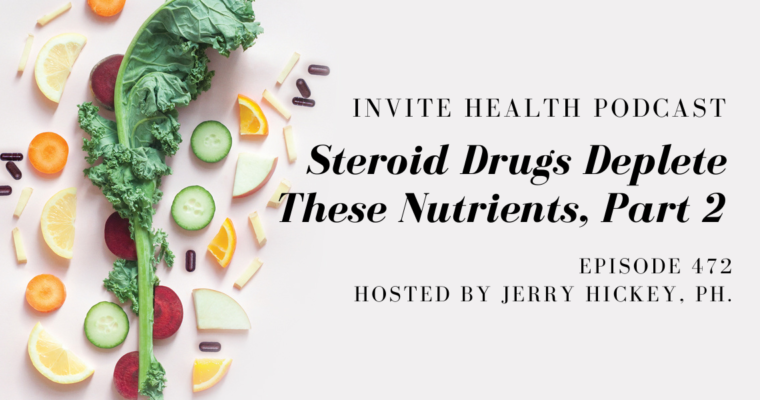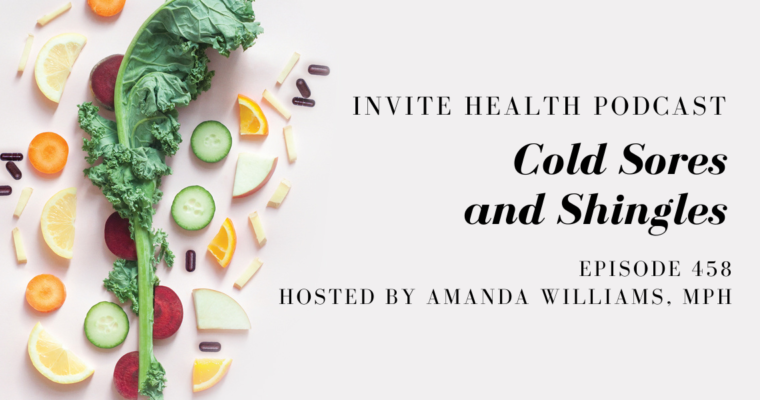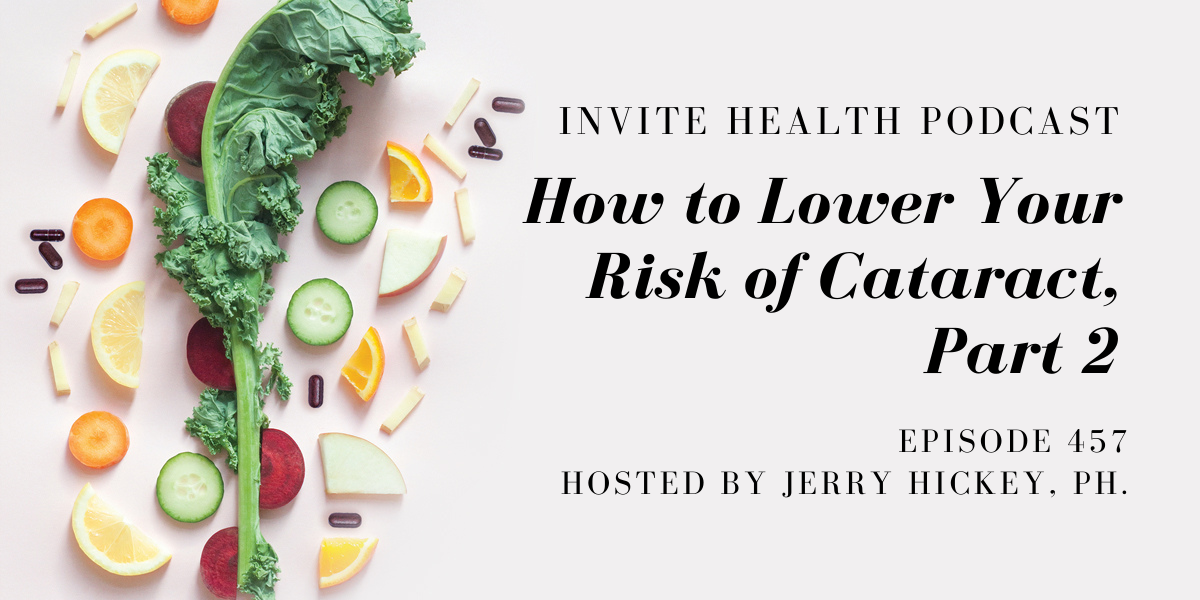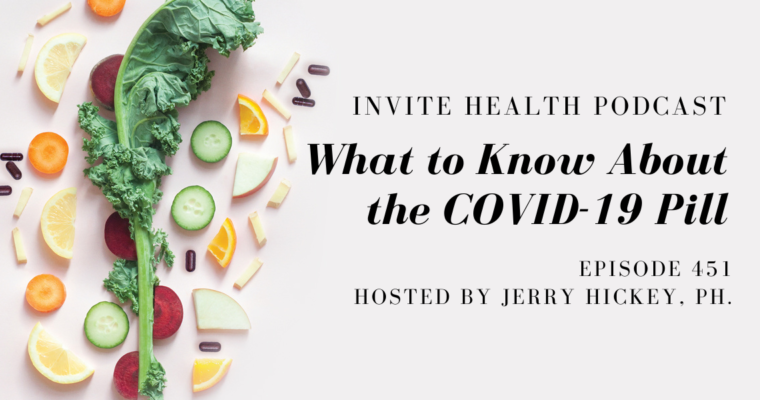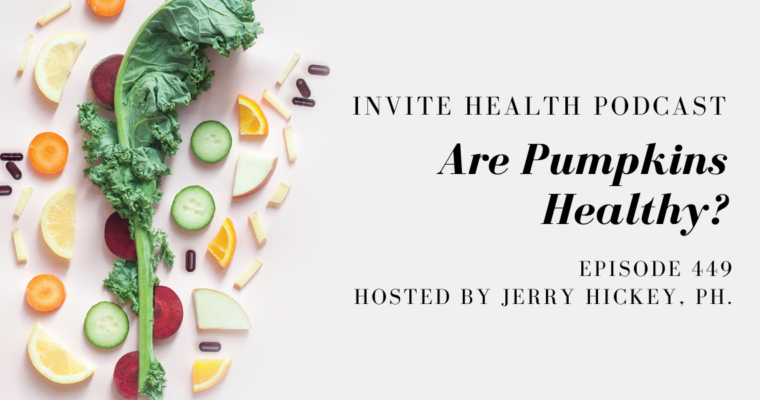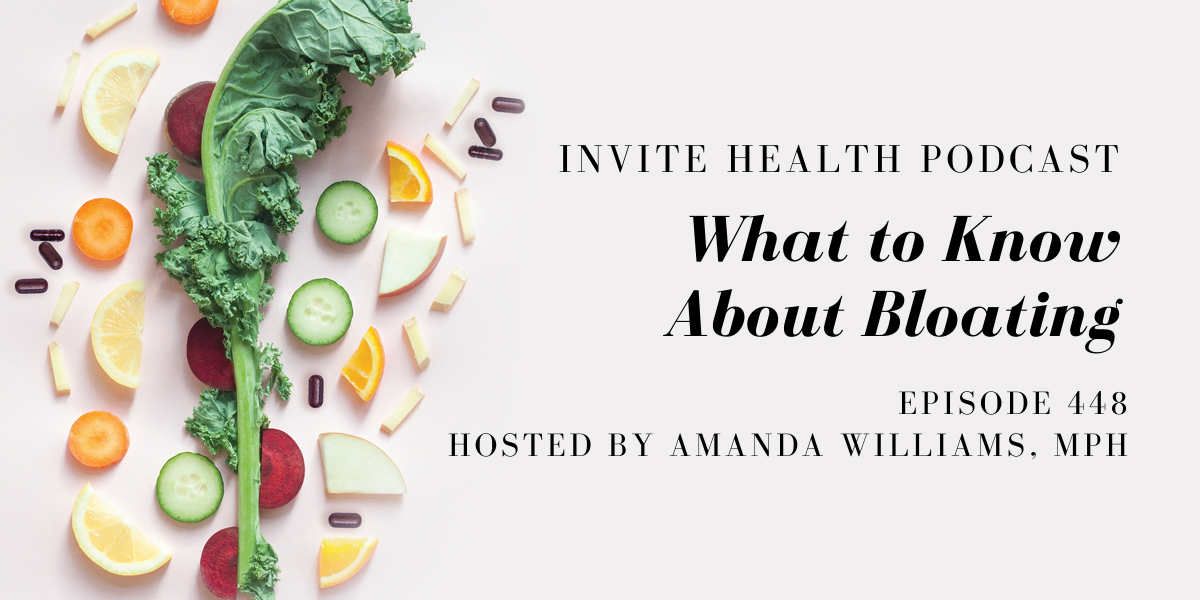cataract
InViteⓇ Health Podcast, Episode hosted by Jerry Hickey, Ph.
Subscribe Today!
Welcome back to Part 2 of my episode of how to lower your risk of cataract and how to protect your vision. In Part 1, I gave some recommendations on how to prevent cataracts, including food. Now let’s look at some studies on nutrients that can help keep your eyes healthy and free of cataracts.†
Research on nutrients for the eyes
A study from the journal JAMA Ophthalmology looked at the nutrients lutein and zeaxanthin for the treatment of age-related cataracts. Some people in this study were randomly assigned to placebo, 10mg each of lutein and zeaxanthin, 1 gram of fish oils a day, or a combination of the lutein, zeaxanthin and fish oils to look at the effects on developing age-related macular degeneration, which is the number one cause of blindness in aging people. The researchers found that if the patients didn’t take lutein or zeaxanthin, they had a higher probability of developing cataracts to the point of needing surgery.†
FISH OILS, AGING AND MUSCLE HEALTH – INVITE HEALTH PODCAST, EPISODE 335. Listen Now>>
Another recent study published in June 2020 looked at lutein supplementation for eye diseases. The researchers said that lutein is one of the few carotenoids found in high concentration in the macula of the human retina. They found that lutein and zeaxanthin can help protect the eyes from macular degeneration, as well as diabetic retinopathy and myopia. They also found that lutein helps prevent the eyes from cataracts.†

What to do to prevent the development of a cataract
Here’s the take home. If you’re going down to Florida or anywhere else where it’s sunny, I really would wear shades, sunglasses that block ultraviolet radiation, because that can really increase the risk of a cataract.†
You don’t want to smoke. Smoking is really a big cause of cataracts and really destroys the eyes. Keep your drinking down. For men, less than two drinks per day. For women, less than one drink per day. Alcohol is a very tiny molecule. It passes the blood-brain barrier, which protects the brain, very easily and it creates toxins that can affect the brain and the eyeball.†
You can eat an egg every day because eggs are rich in nutrients that can help protect the eyes. Have the complete egg. If you just have the egg white, you can lose biotin, which can lead to hair loss. Having the full egg will give you the ingredients, such as lutein, zeaxanthin, zinc, Vitamin A and riboflavin, that are very good for your eyes. You should also eat green leafy vegetables such as spinach and broccoli for the lutein, as well as for the Vitamin C content.†
BIOTIN FOR MORE THAN YOUR HAIR AND NAILS – INVITE HEALTH PODCAST, EPISODE 394. Listen Now>>
You might want to take an eye supplement if you’re older. As you get older, it gets harder and harder to absorb lutein and zeaxanthin from. It gets harder and harder to absorb zinc from food. You also need zinc for your immune system and many other things. You also need lutein and zeaxanthin for your memory. After the age of 55 or 60, I would start taking a vision formula, but make sure it has natural lutein and natural zeaxanthin in it.†
In this episode, Jerry Hickey, Ph., continues his conversation about how to avoid developing a cataract. He shares multiple studies focusing on vision-supporting nutrients and also provides his own recommendation for actions, foods and nutrients that can help you protect your eyes as you age.†
Key Topics:
- How lutein and zeaxanthin help protect the eyes
- What makes lutein and zeaxanthin special
- What does the macula do for vision?
Thank you for tuning in to the InViteⓇ Health Podcast. You can find all of our episodes for free wherever you listen to podcasts or by visiting www.invitehealth.com/podcast. Make sure you subscribe and leave us a review! Follow us on Facebook, Twitter and Instagram at InViteⓇ Health today. We’ll see you next time on another episode of the InViteⓇ Health Podcast.


